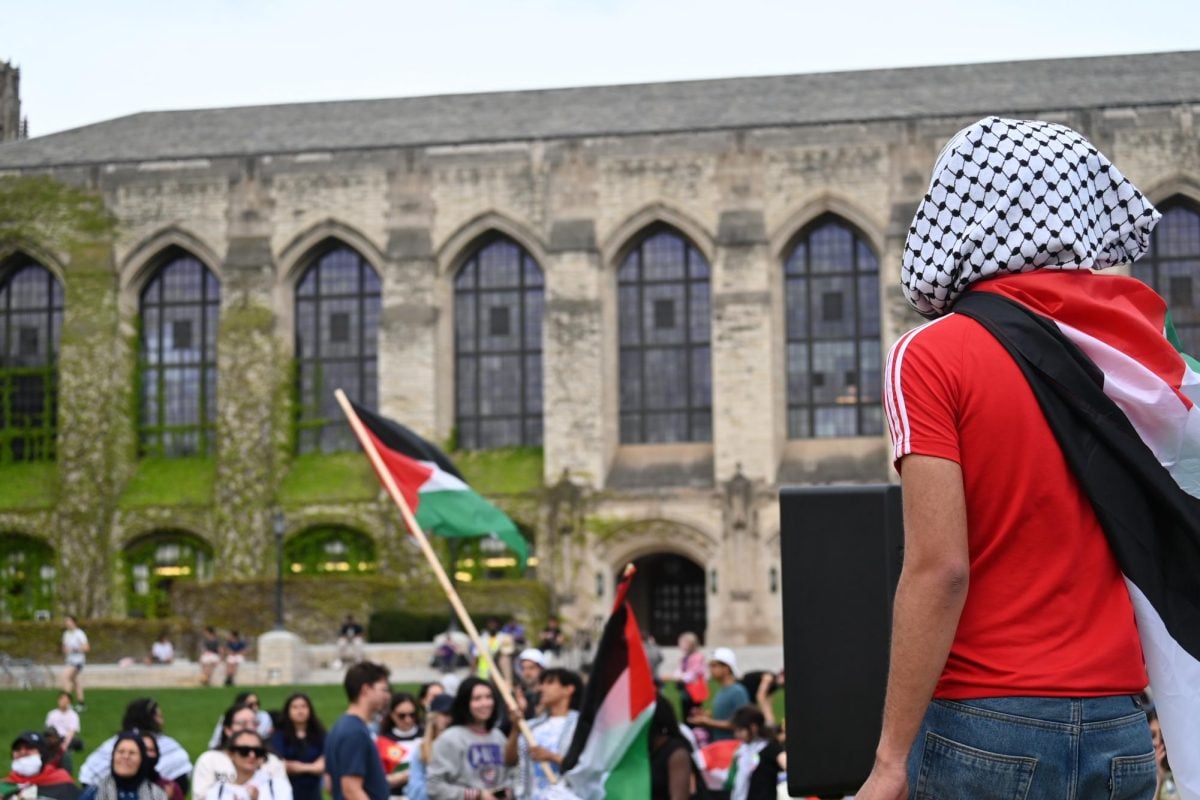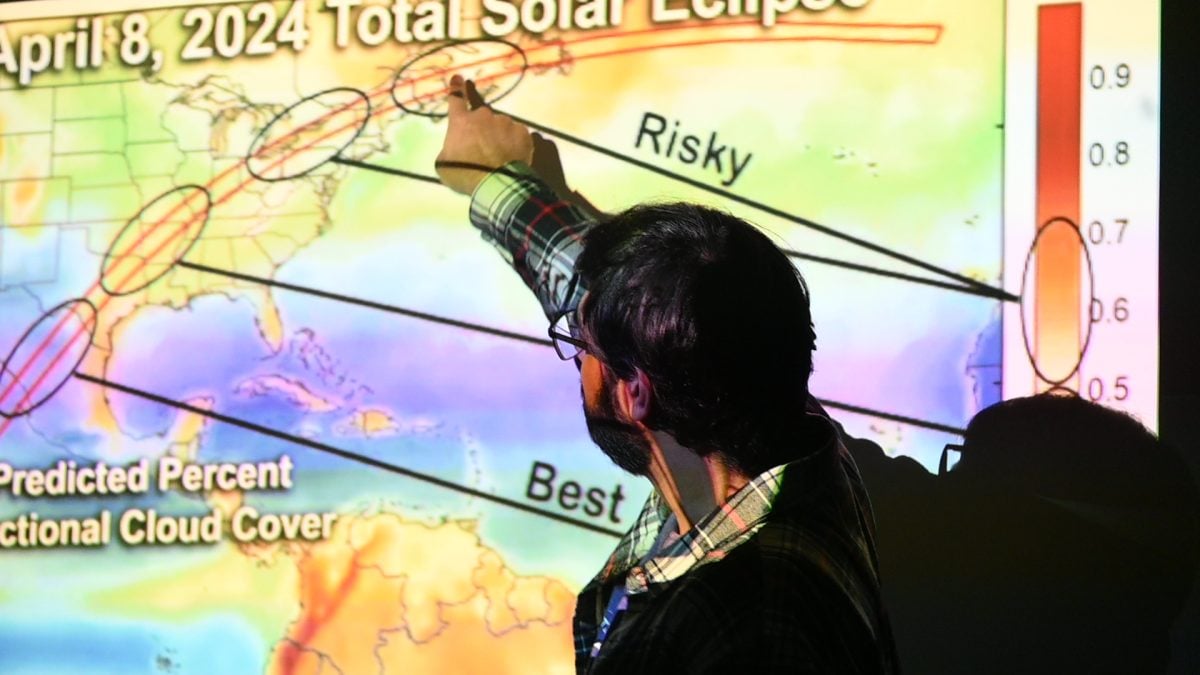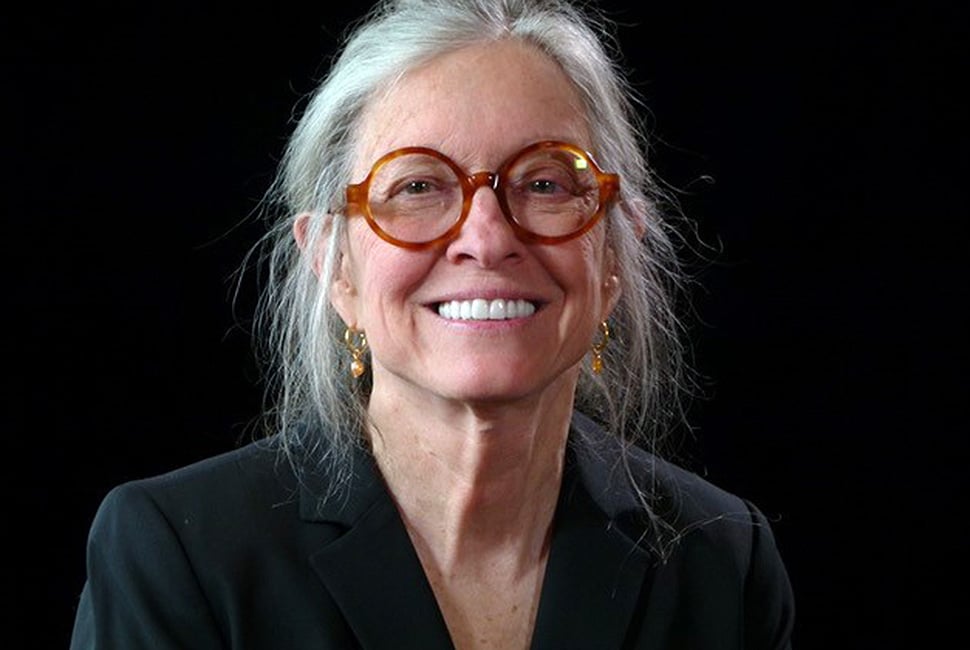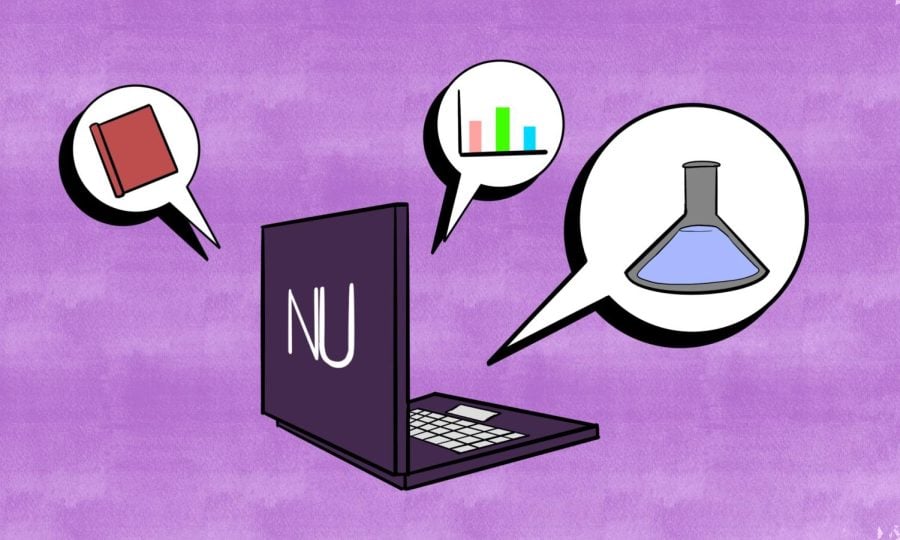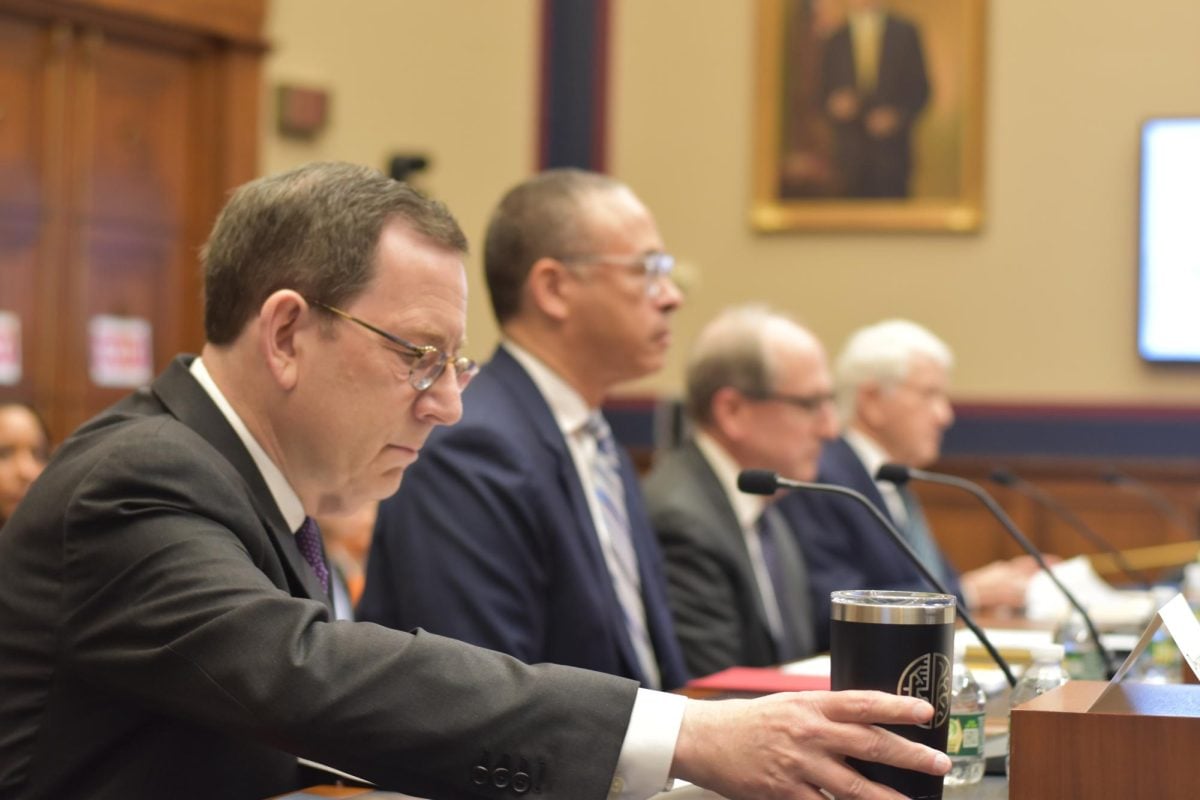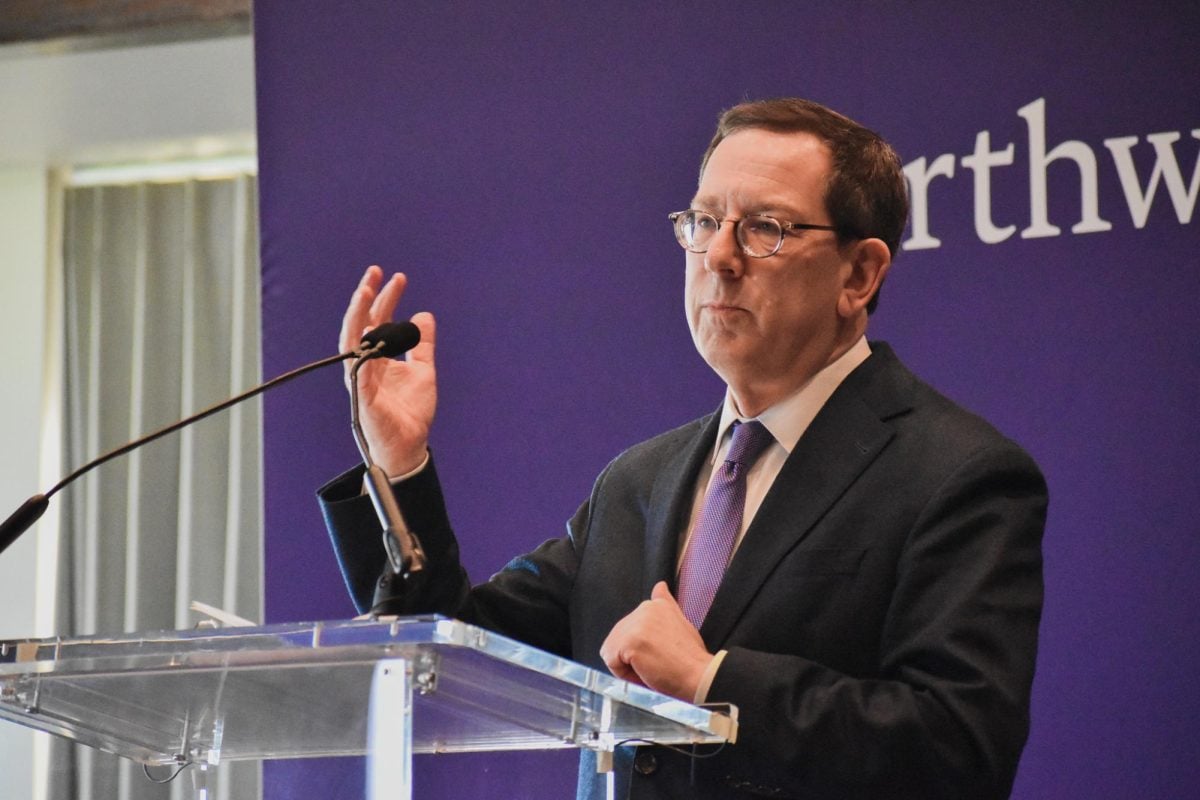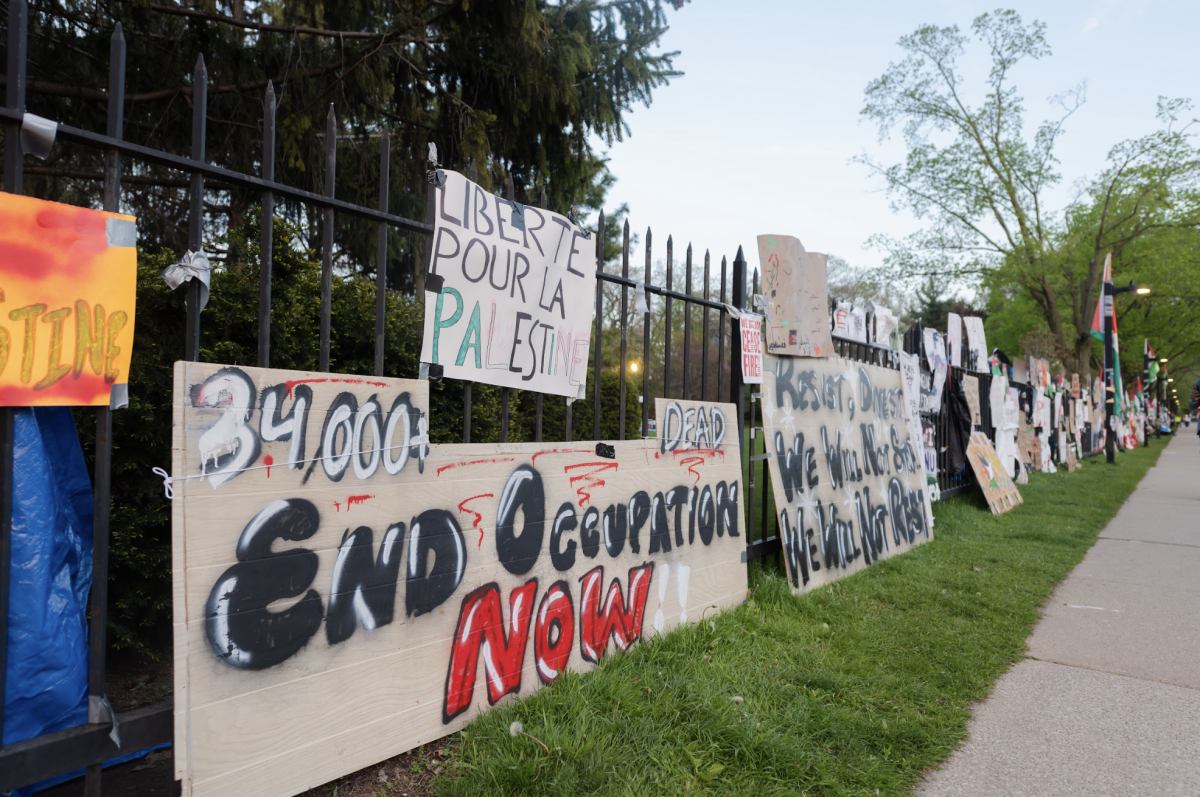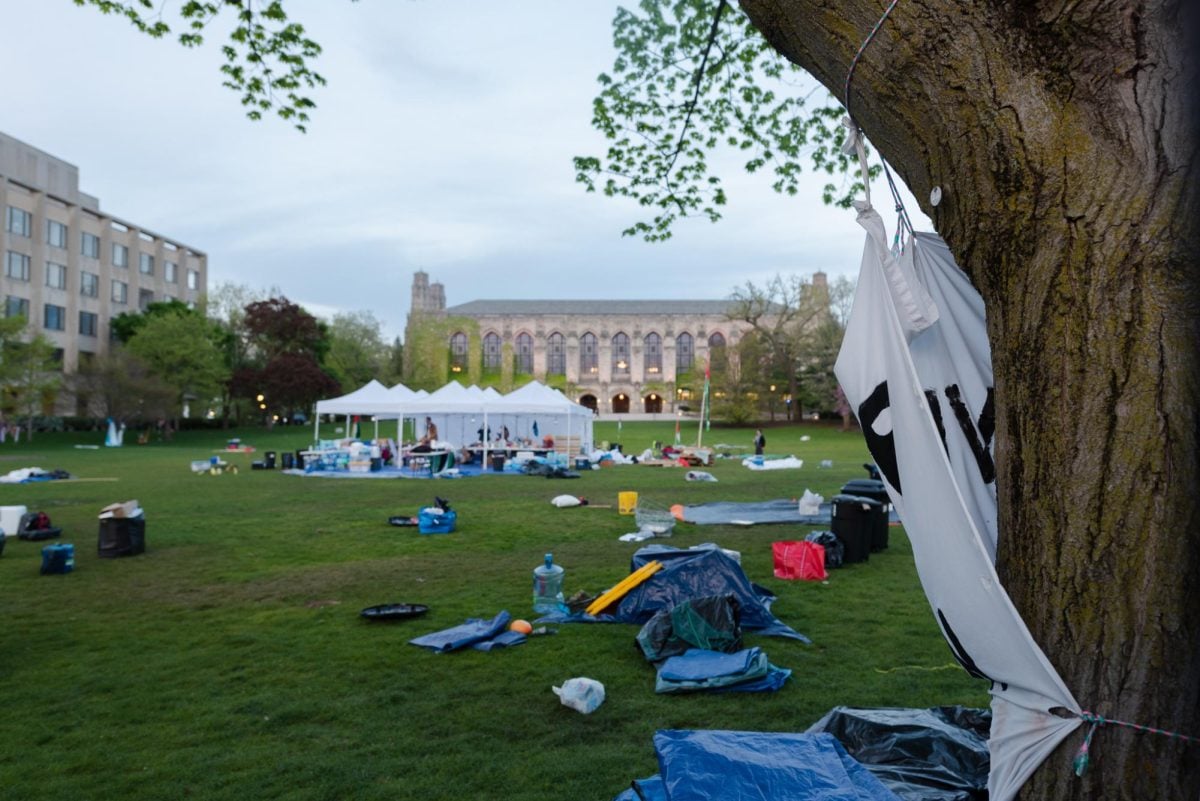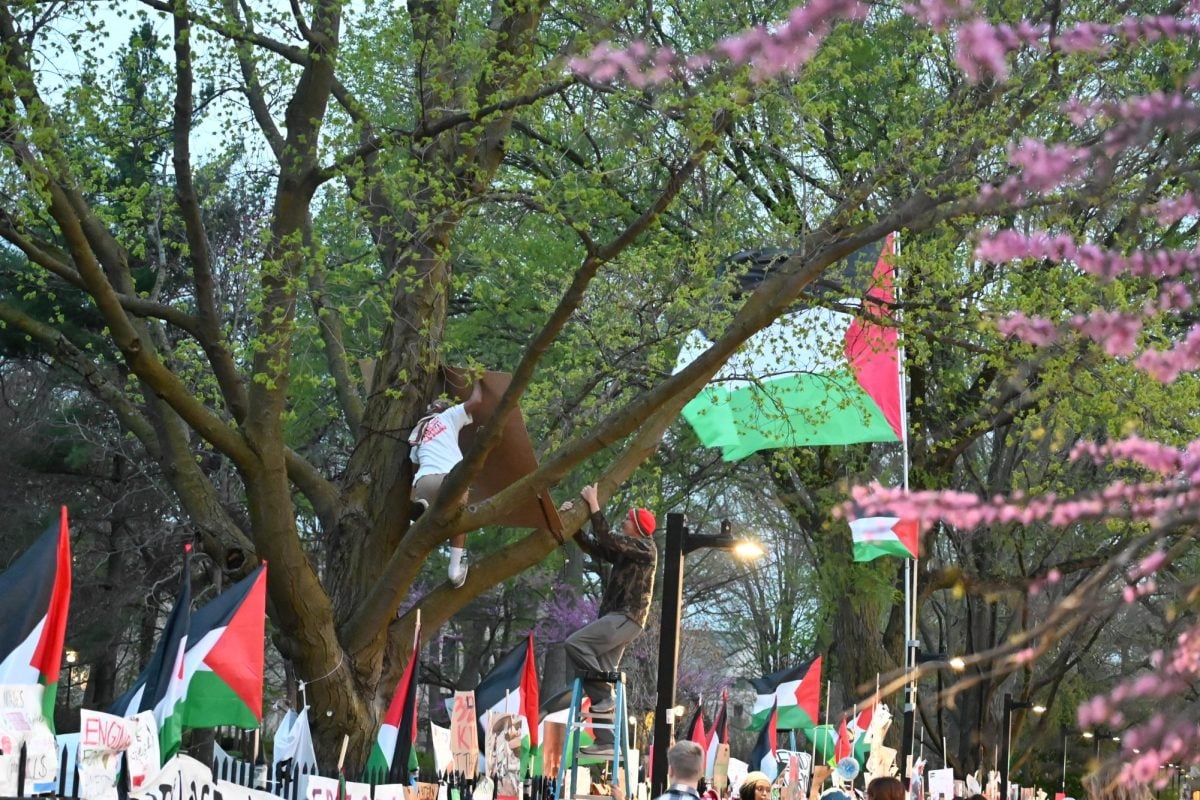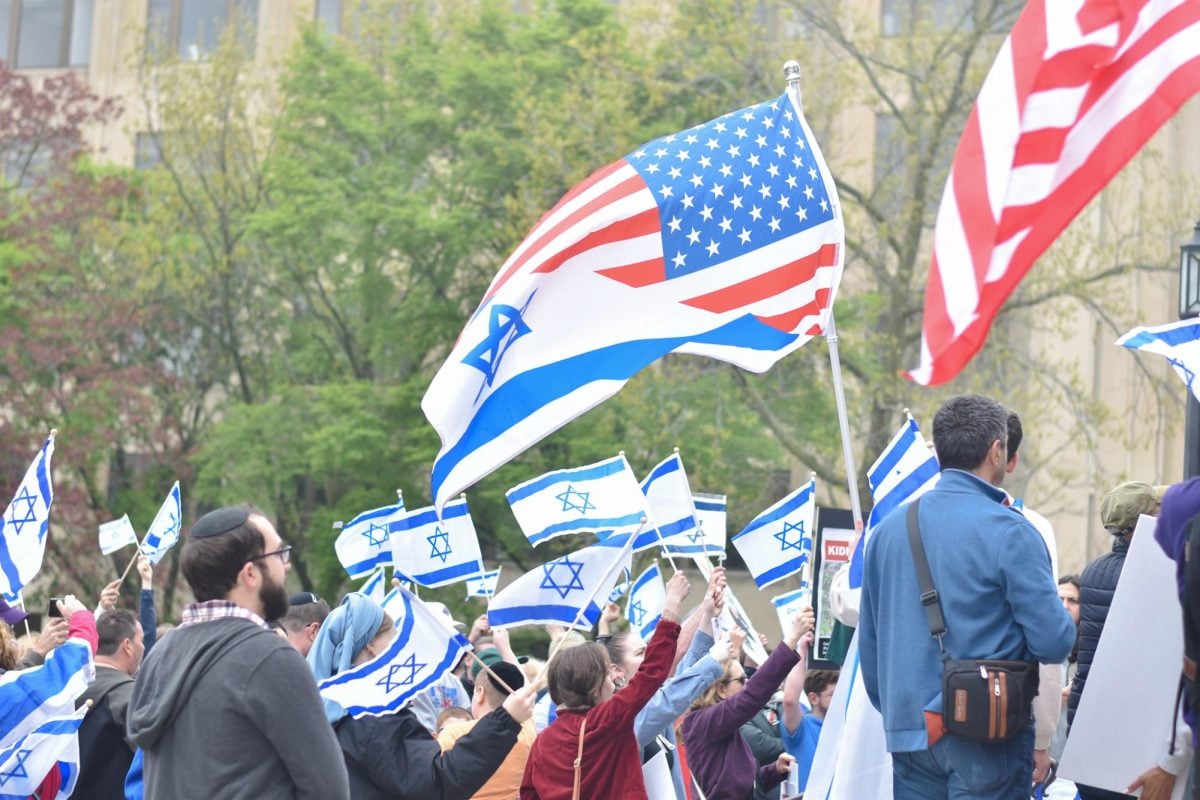The Middle Eastern North African Student Association held its annual Arab Expressions programming Saturday night in the ongoing pro-Palestine encampment on Deering Meadow.
In its third year, Arab Expressions is a dynamic cultural showcase that aims to bring together students from different MENA backgrounds through authentic Arab cuisine and a variety of live performances, like poetry reading and singing.
“Arab Expressions is an annual event that the MENA student organization puts on that gives an opportunity for students to showcase a part of their culture that you might not be able to see through classes or through events,” one student who helped organize the event said.
MENA originally planned to host Arab Expressions in Scott Hall, but the MENA Board voted Friday to move the event to the encampment.
One organizer said that, by moving to the encampment, they “were able to bring the food that we were catering here and able to feed a lot more people.”
The pro-Palestine encampment started Thursday morning on Deering Meadow and has continued into its third day. Organizers from Northwestern Divestment Coalition estimated that over a thousand students, faculty members and community members came out to support the protest at its peak Thursday night.
The coalition’s demands — outlined in the NU People’s Resolution circulated Monday — are that the University protect civil liberties, disclose its investments and divest from Israeli-affiliated institutions.
“We all agree that art is the highest form of resistance, and this is a huge resistance movement that impacts every Arab on campus,” a student of MENA descent said about the location change. “We thought that it was only right to do it here in front of the people who can’t make it because they’re here protesting, and we wanted to show them essentially what they’re fighting for.”
Event organizers announced that they hope NU will expand to more study abroad programs in the Middle East and North Africa, specifically at the American University in Cairo and in Palestine.
“Northwestern has study abroad programs in Israel, and they have denied a request for a program in Palestine,” one organizer said.
The event kicked off with a performer singing an Arabic song as observers moved toward the stage.
Hundreds from the surrounding protest were present at the performances, clapping and singing along.
“Arab Expressions is about celebrating MENA culture and history,” one student said. “But ingrained into that history — due to the oppression that we face from Western powers, due to the struggle that our people have been through — resistance is in our blood.”
The student said it was beautiful that the event was held at the encampment as they were able to celebrate their culture with Arabs and non-Arabs from the area.
Another student who has been protesting described the protest as “peaceful,” unlike some encampments across other college campuses, and added that “the end goal is divestment and disclosure of transparency.”
Arab Expressions is a culmination of programming happening throughout Arab Heritage Month, celebrated in April. Previous events have included a henna workshop, Arab Movie Night and a calligraphy workshop.
Chicago resident Abdullah Bashiti is of Palestinian origin. He performed an open-mic reading of the poem “On this Land” by Mahmoud Darwish.
“When I heard about this event Northwestern is hosting, it’s something that I have to do,” Bashiti said. “This poem represents a North Star for every Palestinian growing up, and this is one of the holy testaments in Palestinian literature — this is the mantle that we carry as Palestinians.”
He said that, while the poem is short, it’s very meaningful.
Throughout the evening, singers performed Egyptian songs, a violinist played a rendition of the Arabic song “Sparrow (Asfour),” and other poems were read aloud.
“It is a really emotional time, and (Arab Expressions) was empowering because seeing my culture on Deering Meadow is something that I’ve never imagined,” an organizer said.
Arab Expressions is meant to show that the MENA Student Association is a safe space not only for MENA students but for anyone who loves and respects MENA culture, a student said.
“We do believe that resistance and solidarity are a form of expression,” the organizer said. “Especially as the Arab nations, it’s about supporting what’s happening in Gaza right now.”
Email: [email protected]
X: @HabashySam
Related Stories:
— ‘Northwestern Liberation Zone’ enters third day with no arrests
— UCLA Prof. Nour Joudah speaks on generational survival of Palestinians for MENA speaker series











